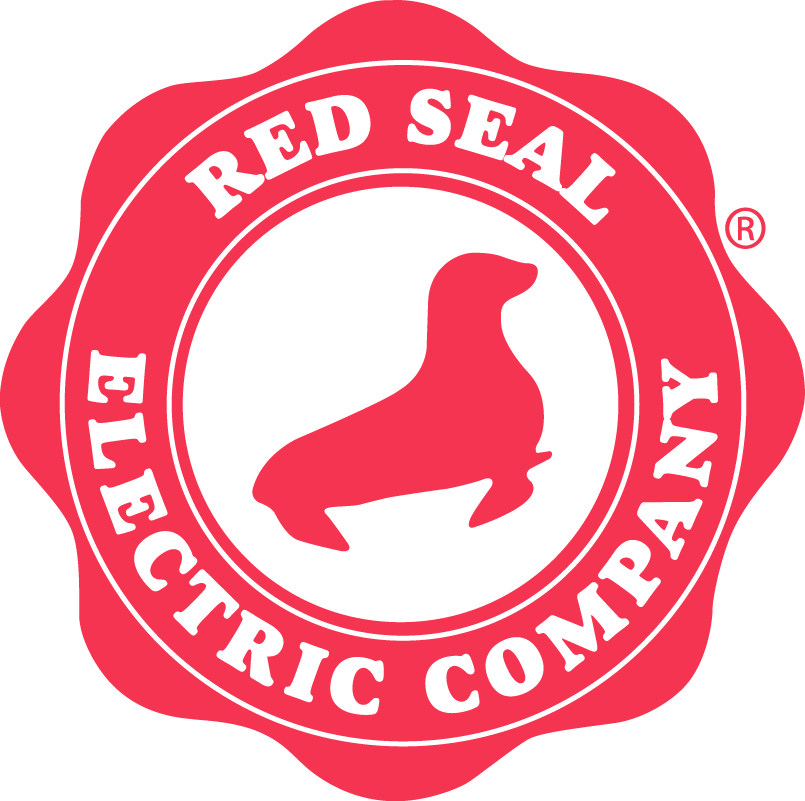Advantages of Mica Insulation in Glass Manufacturing
Mica is an incredible mineral that splits into thin plates. Its unique qualities also make it the perfect insulating material. Here are just a few of the many advantages of mica insulation in glass manufacturing.
Protection for Glass Workers
In every industry that handles high temperatures, large electrical currents, or toxic chemicals, workers must have insulation and protective equipment. When you melt glass, it requires extremely high heat, upwards of 2,000 degrees Fahrenheit. Imagine the destruction and harm such heat and flames would wreak if unsecured. That's why mica insulation is such a great option—it can handle high temperatures while protecting your staff from harm.
Longer-Lasting Furnace Refractories
Glass manufacturing requires special furnaces to obtain and hold high heats. These furnaces include a refractory inside whereupon the glass melts. Machinists typically make these refractories out of ceramic that sustains high temperatures for long periods. However, the molten glass will erode the refractory over time, increasing the likelihood of a break. Mica insulation is a great way to insulate and protect the refractory and decrease the likelihood of breakage. Engineers line glass furnaces with mica insulation for optimal thermal management that will extend the furnace's life.
Lower Maintenance Costs
Though protecting the refractory is essential, the entire furnace itself needs adequate security. Mica provides thermal insulation for all parts of the furnace, keeping it in working order for longer. While every machine needs maintenance, mica insulation decreases the severity of repairs, thus lowering maintenance sots. Adding mica to your glass furnace is an excellent preventive maintenance measure that reduces the cracks over time.
Knowing the advantages of mica insulation in glass manufacturing, you can make the wisest decision for your operation. If you need new thermal insulation, check out our Cogetherm M mica board insulation sheet at Red Seal Electric Company. If you want a mica alternative, our Thermalate H320 is the perfect match and is even more durable than mica.

